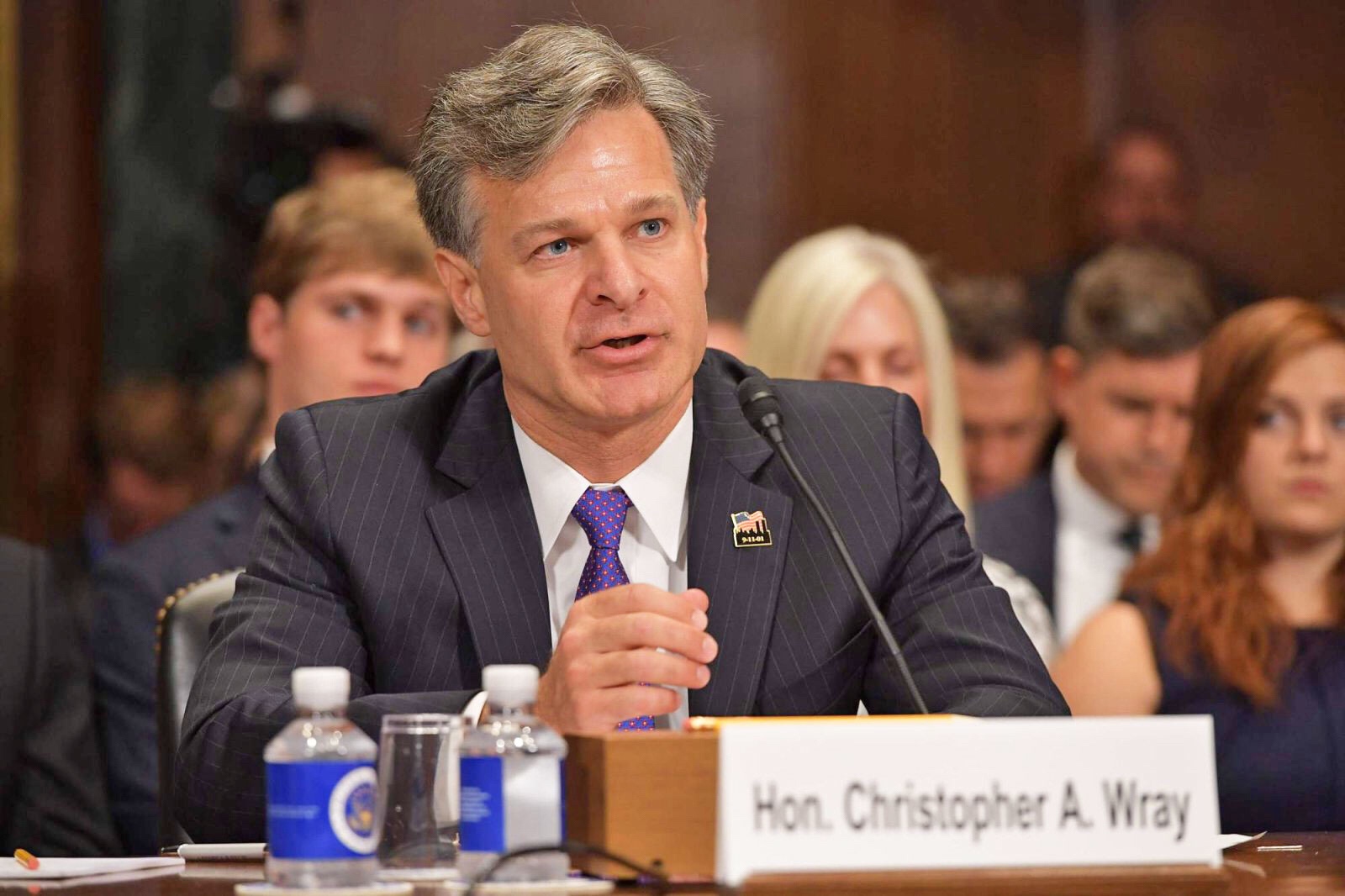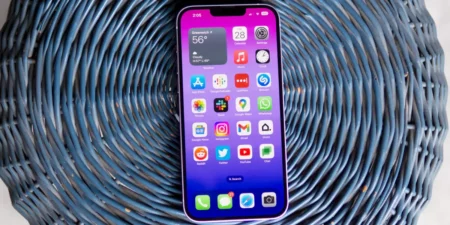FBI has brought up the hot issue of encryption once again and they aren’t resting just because former director James Comey was fired by President Trump.
At a cyber security conference in New York (via Reuters and The Washington Post), now-chief Christopher Wray again stated that the agency failed to access the contents of 7,775 devices within the fiscal year that ended on September 30th, 2017 even though they had the proper warrants to be able to access the devices. According to Wray, this is over half the number of devices the FBI tried to crack, and has once again bashed encryption, saying it’s a “major public safety issue.”
Wray has urged private sector to work with the government to find “a way forward quickly,” stating that the FBI isn’t interested in peeking into ordinary citizens’ devices, but rather wants access to suspects and devices they obtain in arrests. This pretty much echoes the same stance that Comey has had.
If you recall, the FBI asked tech companies to create a black door into their software and phones to give authorities the proper methods during investigations. This wasn’t received well with tech giants, at all. Apple CEO Tim Cook said that the request had “chilling” and “dangerous” implications, warning that companies would not be able to control how this backdoor would be used.
Wray continued by saying that the FBI faces increasing pressure in the number of cases that rely on electronic evidence. He doesn’t believe that companies can’t find a way for encryption to be more law enforcement-friendly. While the FBI can’t get companies like Apple to cooperate, they can pay third parties millions to get the job done, just like they did with the San Bernardino shooter’s iPhone.





